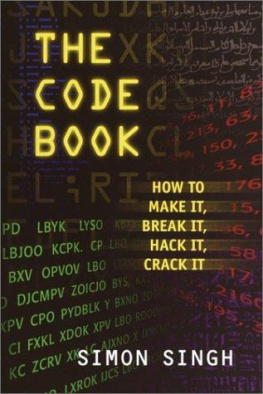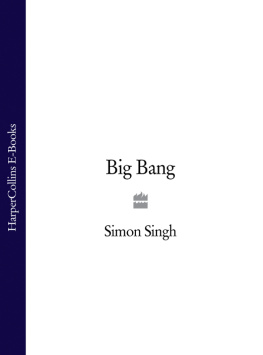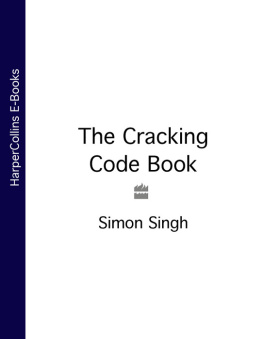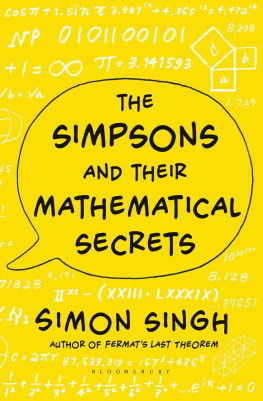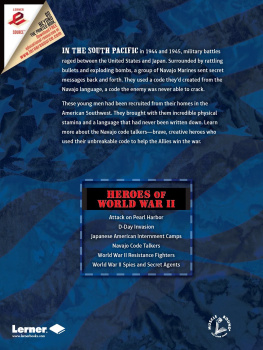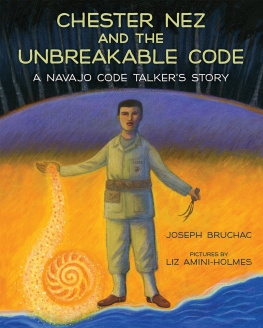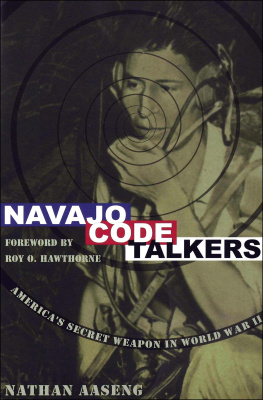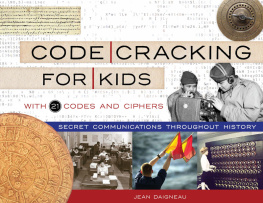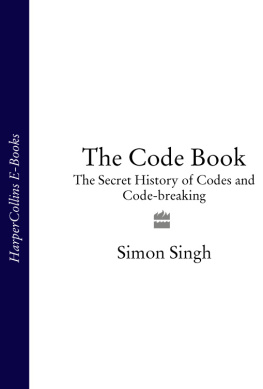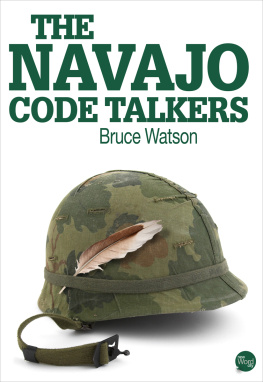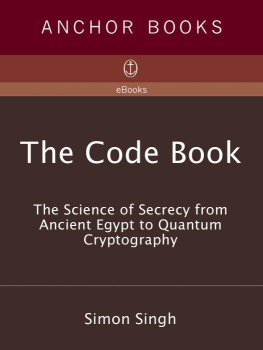PRAISE FOR SIMON SINGH AND The Code Book
Singh spins tales of cryptic intrigue in every chapter.
The Wall Street Journal
Brings together the geniuses who have secured communications, saved lives, and influenced the fate of nations. A pleasure to read.
Chicago Tribune
Singh pursues the fascinating story [of codes] through the centuries, always providing plenty of detailed examples of ciphers for those who appreciate the intricacies of the medium.
Los Angeles Times
Especially effective at putting the reader in the codebreakers shoes, facing each new, apparently unbreakable code. Singh does a fine job.
The New York Times Book Review
Entertaining. Singh has a flair for narrative.
San Francisco Chronicle
Singh is an interesting mix of scientist and storyteller, and this subject is the perfect mix of true fact and tall tales.
The San Diego Union-Tribune
Where would we Information Age ignoramuses be without smart guys like Stephen Jay Gould, the late Carl Sagan, or Simon Singh? They are the troubadours of our time, making complicated subjects understandable and entertaining.
The Plain Dealer
In this entertaining survey, the evolution of cryptography is driven by the ongoing struggle between code-makers and codebreakers.
The New Yorker
[Singh] is well-equipped to describe all the arcane mathematics in laymans language.
Forbes
Wonderful stories. Close reading is rewarded with the flash of logical insight that the codebreakers must enjoy.
Hartford Advocate
An illuminating and entertaining account. From the first page, Singh shows his knack both for explaining complex areas of science and telling rip-roaring stories.
New York Law Journal
My only regret is that this great book has come far too late. If only someone had given it to me when I was 10, my secret plans for world playground domination might never have been foiled.
James Flint, The Observer (London)
Full of fascinating case histories covering the development and practical use of cryptography.
Mail on Sunday (London)
Singh has created an authoritative and engrossing read which both explains and humanizes the subject. This intelligent, exciting book takes its drive from a simple premise-that nothing is as exciting as a secret.
Scotland on Sunday

SIMON SINGH
The Code Book
Simon Singh received his Ph.D. in physics from Cambridge University. A former BBC producer, he directed an award-winning documentary film on Fermats Last Theorem that aired on PBSs Nova series and wrote the bestselling book, Fermats Enigma. He lives in London, England.
Also by Simon Singh
Fermats Enigma
FIRST ANCHOR BOOKS EDITION, SEPTEMBER 2000
Copyright 1999 by Simon Singh
All rights reserved under International and Pan-American Copyright Conventions. Published in the United States by Anchor Books, a division of Random House, Inc., New York, and simultaneously in Canada by Random House of Canada Limited, Toronto. Originally published in hardcover in the United States by Doubleday, a division of Random House, Inc., New York, and in the United Kingdom by the Fourth Estate, London, in 1999.
Anchor Books and colophon are registered trademarks of Random House, Inc.
The Library of Congress has cataloged the Doubleday edition as follows:
Singh, Simon.
The code book : the evolution of secrecy from Mary Queen of Scots to quantum cryptography / Simon Singh. 1st ed.
p. cm.
1. CryptographyHistory. 2. Data encryption (Computer science)History. I. Title.
Z103.S56 1999
652.809dc21 99-35261
eISBN: 978-0-307-78784-2
Author photo Nigel Spalding
www.anchorbooks.com
v3.1_r2
For my mother and father,
Sawaran Kaur and Mehnga Singh
The urge to discover secrets is deeply ingrained in human nature; even the least curious mind is roused by the promise of sharing knowledge withheld from others. Some are fortunate enough to find a job which consists in the solution of mysteries, but most of us are driven to sublimate this urge by the solving of artificial puzzles devised for our entertainment. Detective stories or crossword puzzles cater for the majority; the solution of secret codes may be the pursuit of a few.
John Chadwick
The Decipherment of Linear B
Contents
Introduction
F or thousands of years, kings, queens and generals have relied on efficient communication in order to govern their countries and command their armies. At the same time, they have all been aware of the consequences of their messages falling into the wrong hands, revealing precious secrets to rival nations and betraying vital information to opposing forces. It was the threat of enemy interception that motivated the development of codes and ciphers: techniques for disguising a message so that only the intended recipient can read it.
The desire for secrecy has meant that nations have operated codemaking departments, responsible for ensuring the security of communications by inventing and implementing the best possible codes. At the same time, enemy codebreakers have attempted to break these codes, and steal secrets. Codebreakers are linguistic alchemists, a mystical tribe attempting to conjure sensible words out of meaningless symbols. The history of codes and ciphers is the story of the centuries-old battle between codemakers and codebreakers, an intellectual arms race that has had a dramatic impact on the course of history.
In writing The Code Book, I have had two main objectives. The first is to chart the evolution of codes. Evolution is a wholly appropriate term, because the development of codes can be viewed as an evolutionary struggle. A code is constantly under attack from codebreakers. When the codebreakers have developed a new weapon that reveals a codes weakness, then the code is no longer useful. It either becomes extinct or it evolves into a new, stronger code. In turn, this new code thrives only until the codebreakers identify its weakness, and so on. This is analogous to the situation facing, for example, a strain of infectious bacteria. The bacteria live, thrive and survive until doctors discover an antibiotic that exposes a weakness in the bacteria and kills them. The bacteria are forced to evolve and outwit the antibiotic, and, if successful, they will thrive once again and reestablish themselves. The bacteria are continually forced to evolve in order to survive the onslaught of new antibiotics.
The ongoing battle between codemakers and codebreakers has inspired a whole series of remarkable scientific breakthroughs. The codemakers have continually striven to construct ever-stronger codes for defending communications, while codebreakers have continually invented more powerful methods for attacking them. In their efforts to destroy and preserve secrecy, both sides have drawn upon a diverse range of disciplines and technologies, from mathematics to linguistics, from information theory to quantum theory. In return, codemakers and codebreakers have enriched these subjects, and their work has accelerated technological development, most notably in the case of the modern computer.
History is punctuated with codes. They have decided the outcomes of battles and led to the deaths of kings and queens. I have therefore been able to call upon stories of political intrigue and tales of life and death to illustrate the key turning points in the evolutionary development of codes. The history of codes is so inordinately rich that I have been forced to leave out many fascinating stories, which in turn means that my account is not definitive. If you would like to find out more about your favorite tale or your favorite codebreaker then I would refer you to the list of further reading, which should help those readers who would like to study the subject in more detail.


